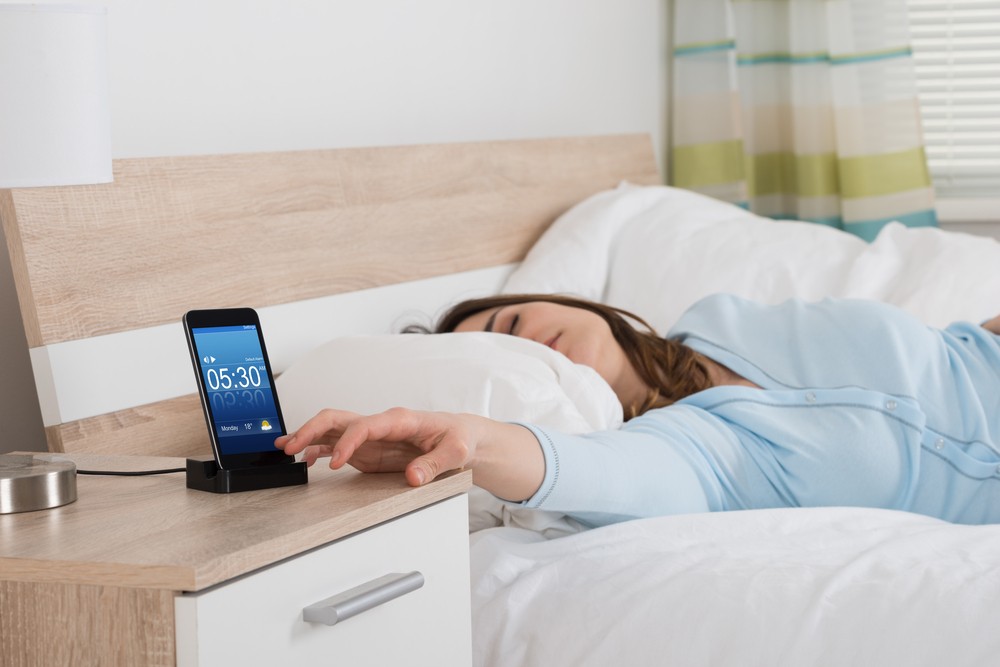Popular Reads
Top Results
Can't find what you're looking for?
View all search resultsPopular Reads
Top Results
Can't find what you're looking for?
View all search resultsExperts weigh in on the right amount of sleep
Change text size
Gift Premium Articles
to Anyone
Research has found that we can train our bodies to require less sleep -- the only catch is that this will not work for everyone.
“There are more people who would like to need less sleep than who actually need less sleep," stated Dr. Daniel Buysse, professor of psychiatry at the University of Pittsburgh and a past president of the American Academy of Sleep Medicine, as quoted by Time.
Physical activity and age are important factors in determining how much rest one needs, but most fit adults receive between seven and nine hours of sleep every night. However, one third of Americans get less than seven hours of sleep per night, remarked the Center for Disease Control and Prevention.
Buysse also said sleep was important for the functioning of the brain and body. He implies that if a person does not get an adequate amount of it, their brain cannot repair or develop new pathways. This makes it harder to store information, engage in critical thinking and pay attention. Moreover, a lack of sleep has been associated with physical health problem, such as obesity, high blood pressure and cardiac complications.
(Read also: Creating good sleeping habits)
Buysse further suggests that “in some ways, sleep deprivation is like intoxication with alcohol. People routinely misjudge how impaired they are and it’s been shown that the same thing happens with insufficient sleep.”
Nonetheless, according to Jim Horne, a sleep expert and the former director of the Sleep Research Centre at Loughborough University in England, one could feasibly teach oneself to sleep less. He contends that the number of hours that a person needs is subjective and that different claims regarding the need to get seven or eight hours of sleep per night have been exaggerated.
“I’m not advocating that people get less sleep, but I’m advocating that people not worry so much about not getting enough sleep. Especially if you’re not sleepy in the day and you’re having a fulfilling wakefulness, then you are getting enough sleep irrespective of how much you’re getting” said Horne.
Horne’s study concludes that people can reduce their usual sleep span to about six hours a night in tandem with a short nap during the day-time, as long as they do this at a steady rate.
(Read also: Simple steps to get good night sleep)
“If you feel sleepy during the day, then six hours is probably not enough for you. Instead, focus on getting quality sleep rather than worrying about the quantity.”
Sigrid Veasey, a professor at the Center for Sleep and Circadian Neurobiology at the University of Pennsylvania’s Perelman School of Medicine, emphasizes that utilizing our waking hours is another way to thrive on minimal sleep as this raises our body temperature. The temperature then cools down by bed time, helping us fall asleep more promptly at night.
Other pointers include not eating a heavy meal late in the evening, not going to bed stressed and refraining from the use of electronics. We should also ensure that our bedrooms are serene and dark just before we call it a day. (nik/kes)











